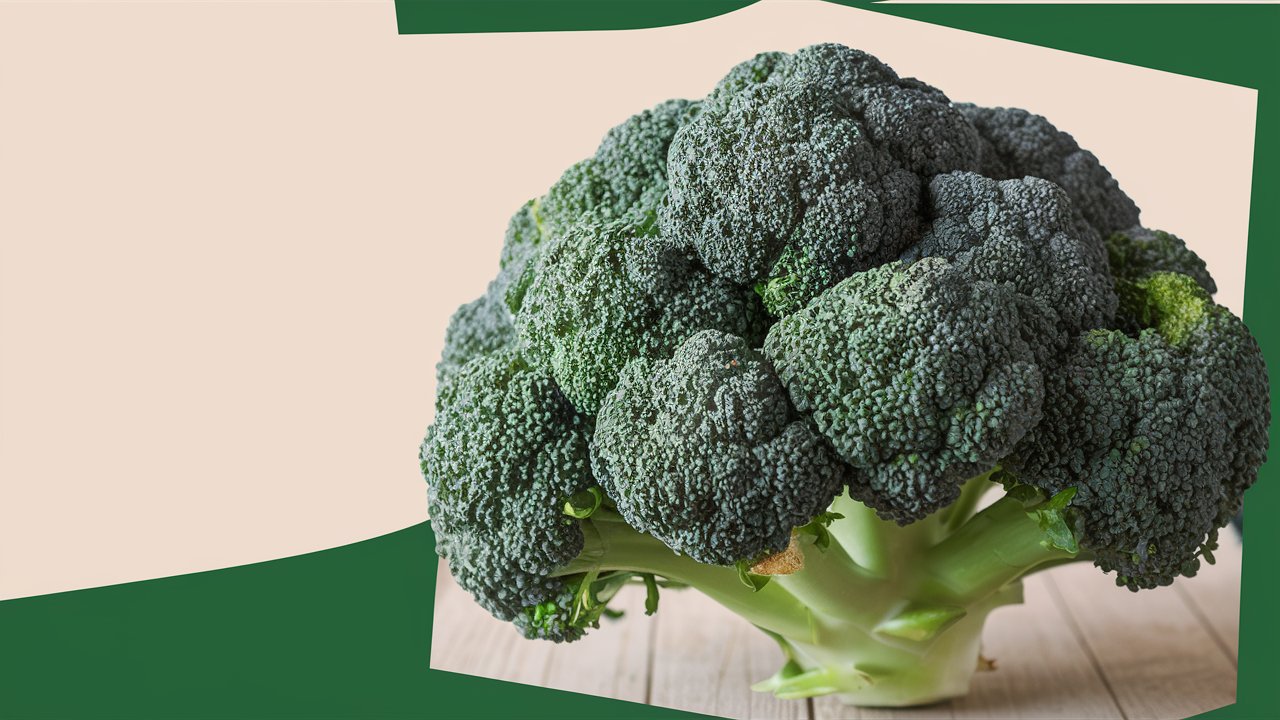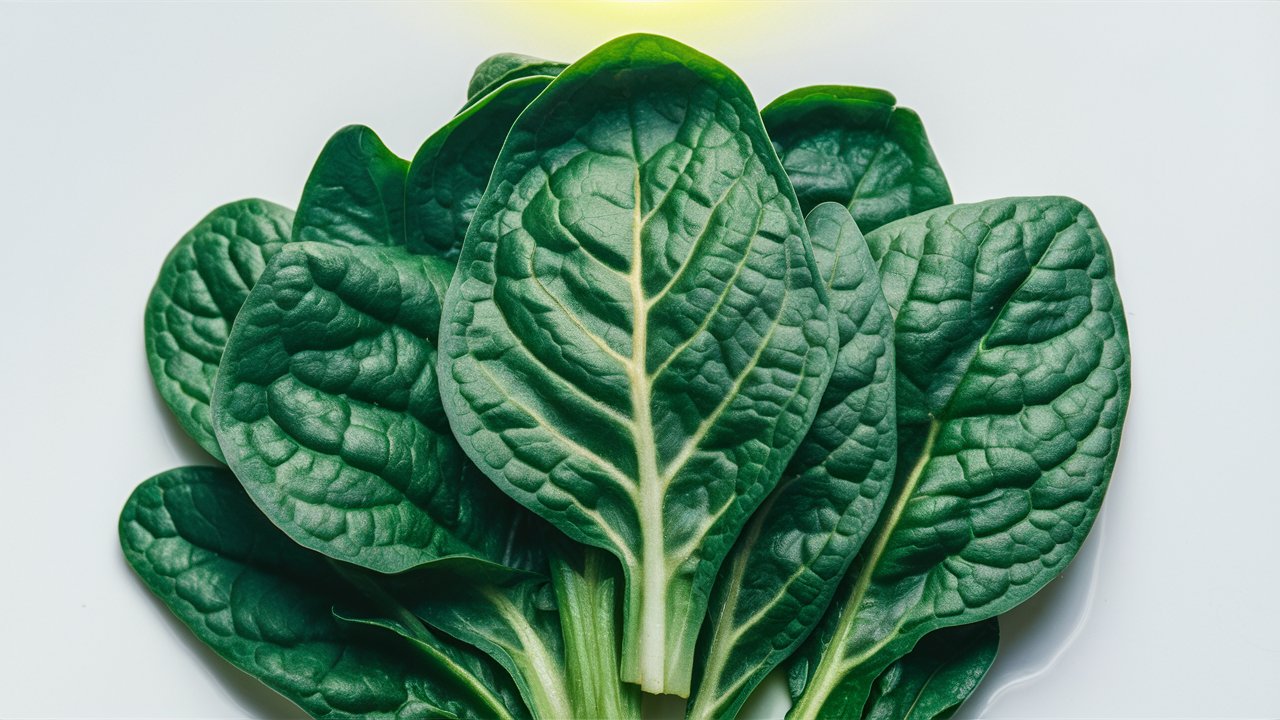Order fresh vegetables at FreshFruit!
All types of vegetables in FreshFruit!
Carrot

Carrots are a root vegetable that is known for its vibrant orange color and sweet taste. They are a popular vegetable that is widely used in a variety of culinary dishes around the world. In addition to being delicious, carrots are also packed with essential nutrients and health benefits.
Carrots are an excellent source of beta-carotene, which is a powerful antioxidant that helps to protect the body from oxidative stress and inflammation. Beta-carotene is also converted into vitamin A in the body, which is essential for maintaining healthy vision, skin, and immune function. In fact, just one medium-sized carrot provides more than 100% of the recommended daily intake of vitamin A.
Carrots are also a good source of fiber, which helps to support digestive health and keep you feeling full and satisfied. The fiber in carrots can help to regulate blood sugar levels, lower cholesterol, and promote a healthy weight. Additionally, carrots are low in calories and fat, making them a great option for those looking to maintain or lose weight.
In addition to beta-carotene and fiber, carrots are also rich in other vitamins and minerals, including vitamin C, vitamin K, potassium, and manganese. These nutrients play a key role in supporting overall health and well-being. Vitamin C is important for immune function and collagen production, while vitamin K is essential for blood clotting and bone health. Potassium helps to regulate blood pressure, and manganese is important for metabolism and bone formation.
Carrots are also a versatile vegetable that can be enjoyed in a variety of ways. They can be eaten raw as a crunchy snack or salad topping, steamed or boiled as a side dish, or roasted and seasoned for a flavorful side dish. Carrots can also be added to soups, stews, and stir-fries for added color and nutrition.
Overall, carrots are a nutritious and delicious vegetable that offers a wide range of health benefits. Whether you enjoy them raw, cooked, or juiced, adding carrots to your diet is a simple and tasty way to boost your intake of essential nutrients. So next time you're at the grocery store, be sure to pick up a bunch of carrots and enjoy all the benefits that this colorful vegetable has to offer.
Tomato
Tomatoes are a popular and versatile fruit that is used in a wide variety of dishes around the world. They are rich in vitamins and minerals and have several health benefits.
Tomatoes are a rich source of vitamin C, potassium, folate, and vitamin K. Vitamin C is an antioxidant that can help boost the immune system and protect against cell damage. Potassium is important for maintaining healthy blood pressure, while folate is essential for cell growth and metabolism. Vitamin K is necessary for blood clotting and bone health.
Tomatoes also contain lycopene, a powerful antioxidant that gives them their bright red color. Lycopene has been linked to a reduced risk of certain types of cancer, including prostate cancer. It may also help protect against heart disease and reduce inflammation in the body.
One of the most well-known health benefits of tomatoes is their ability to improve skin health. The high levels of vitamin C in tomatoes can help promote collagen production, which can improve skin elasticity and reduce the signs of aging. The antioxidants in tomatoes can also help protect the skin from damage caused by UV rays and pollution.
Tomatoes are also low in calories and fat, making them a great option for those looking to maintain a healthy weight. They are also a good source of fiber, which can help regulate digestion and keep you feeling full longer.
In addition to their nutritional benefits, tomatoes are also incredibly versatile in the kitchen. They can be eaten raw in salads, sandwiches, or salsas, or cooked in sauces, soups, and stews. They can be roasted, grilled, or even dried to add flavor to a variety of dishes.
When choosing tomatoes, it's best to pick ones that are firm and smooth with bright, vibrant colors. Avoid tomatoes that are soft, bruised, or wrinkled. Store tomatoes at room temperature until ripe, then refrigerate them to extend their shelf life.
Overall, tomatoes are a nutritious and delicious addition to any diet. Whether you enjoy them raw or cooked, their health benefits make them a valuable ingredient to incorporate into your meals. So next time you're at the grocery store, be sure to pick up some fresh, ripe tomatoes and start enjoying all the benefits they have to offer.

Potato

Potatoes are one of the most widely consumed vegetables in the world and are a staple in many cuisines. They are a versatile and nutritious food that provide a range of health benefits.
One of the key benefits of potatoes is their high nutritional value. They are a good source of vitamins and minerals, including vitamin C, potassium, and B vitamins. Potatoes also contain a variety of phytonutrients, such as flavonoids and carotenoids, that have antioxidant properties and may help protect against chronic diseases.
Potatoes are also a good source of dietary fiber, which is important for digestive health and can help regulate blood sugar levels. The fiber in potatoes can also help promote feelings of fullness and prevent overeating, making them a good choice for weight management.
In addition to their nutritional value, potatoes are a versatile ingredient that can be prepared in a variety of ways. They can be boiled, baked, mashed, roasted, or fried, and are used in a wide range of dishes, from soups and stews to salads and casseroles.
One of the most well-known ways to enjoy potatoes is as french fries, but it's important to note that frying potatoes in oil can add extra calories and unhealthy fats. Baking or boiling potatoes is a healthier way to enjoy them while still retaining their flavor and nutritional value.
Potatoes are also a budget-friendly food that is widely available year-round. They can be stored for long periods of time in a cool, dark place, making them a convenient option for meal planning.
When selecting potatoes, it's best to choose organic varieties when possible, as conventionally grown potatoes may contain high levels of pesticides. Look for potatoes that are firm, smooth, and free from blemishes or sprouts.
Overall, potatoes are a nutritious and versatile vegetable that can be enjoyed in a wide variety of dishes. They provide a range of health benefits and are a cost-effective and convenient option for cooking at home. So next time you're at the grocery store, don't forget to pick up some potatoes and get creative in the kitchen!
Broccoli
Broccoli is a nutritious vegetable that belongs to the cabbage family. It is known for its vibrant green color and distinct appearance, with small, dense florets that resemble miniature trees. Broccoli is not only delicious but also packed with a wide range of nutrients that are beneficial for overall health.
One of the most notable benefits of broccoli is its high vitamin C content. Vitamin C is a powerful antioxidant that helps boost the immune system, promote healthy skin, and support overall well-being. Broccoli is also a rich source of vitamin K, which is essential for proper blood clotting and bone health.
In addition to vitamins, broccoli is packed with minerals such as potassium, calcium, and iron. Potassium is important for maintaining healthy blood pressure, while calcium is essential for bone health. Iron is crucial for transporting oxygen throughout the body and preventing anemia.
Broccoli is also a good source of fiber, which is important for digestive health and can help promote feelings of fullness and prevent overeating. The fiber in broccoli can also help regulate blood sugar levels and improve cholesterol levels.
One of the most well-known benefits of broccoli is its cancer-fighting properties. Broccoli contains sulforaphane, a compound that has been shown to have anti-cancer effects by inhibiting the growth of cancer cells and promoting their destruction. Studies have shown that regularly consuming broccoli and other cruciferous vegetables may help reduce the risk of various types of cancer, including breast, prostate, and colon cancer.
Broccoli is also a great source of antioxidants, which help protect cells from damage caused by free radicals and reduce inflammation in the body. This can help reduce the risk of chronic diseases such as heart disease, diabetes, and arthritis.
In addition to its health benefits, broccoli is also a versatile and delicious vegetable that can be enjoyed in a variety of ways. It can be steamed, roasted, grilled, or sautéed, and it pairs well with a wide range of flavors and ingredients. It can be added to salads, stir-fries, soups, and pasta dishes, or eaten on its own as a tasty and nutritious side dish.
Overall, broccoli is a nutrient-dense vegetable that offers a wide range of health benefits. Whether you enjoy it raw or cooked, regularly incorporating broccoli into your diet can help support your overall health and well-being.

Cucumber

Cucumber is a widely cultivated plant in the gourd family Cucurbitaceae. It is a creeping vine that bears cylindrical fruits that are used as vegetables. Cucumbers are low in calories but high in beneficial nutrients, making them a popular ingredient in salads, pickles, and various other dishes.
One of the main benefits of cucumbers is their high water content. They are composed of about 96% water, making them an excellent choice for staying hydrated. In addition, cucumbers are a good source of vitamins K, C, and B, as well as minerals like potassium and magnesium.
Cucumbers also contain antioxidants such as beta carotene, flavonoids, and tannins. These compounds help protect the body from harmful free radicals, reduce inflammation, and promote overall health. Additionally, cucumbers are rich in fiber, which can aid in digestion and promote feelings of fullness.
One of the most well-known uses of cucumbers is as a skincare remedy. The high water content and cooling properties of cucumbers make them a popular ingredient in facial masks and eye treatments. Cucumber slices are often placed over the eyes to reduce puffiness and soothe tired skin.
Cucumbers are also believed to have anti-inflammatory properties, which can help reduce swelling and alleviate pain. Some studies suggest that cucumber extract may have a protective effect against certain chronic diseases, such as heart disease and cancer.
In addition to their nutritional benefits, cucumbers are also a versatile ingredient in cooking. They can be eaten raw, sliced and added to salads, or pickled and used as a condiment. Cucumbers can also be blended into smoothies or soups, or used to make refreshing drinks like cucumber water or cocktails.
Cucumbers are easy to grow and can be cultivated in home gardens or containers. They require plenty of sunlight, well-drained soil, and regular watering to thrive. Cucumber plants can be trained to grow vertically on trellises or allowed to sprawl on the ground.
In conclusion, cucumbers are a nutritious and versatile vegetable with numerous health benefits. Whether eaten raw, cooked, or used topically, cucumbers can contribute to overall well-being and provide a refreshing addition to any diet. Incorporating cucumbers into your daily routine can help you stay hydrated, improve digestion, and support healthy skin.
Bell pepper
Bulgarian pepper, also known as bell pepper, is a popular and versatile vegetable that is commonly used in cooking around the world. This mild and sweet pepper is known for its vibrant colors, ranging from green to red, yellow, and orange. It is a rich source of vitamins, minerals, and antioxidants, making it a nutritious addition to any diet.
One of the key benefits of Bulgarian pepper is its high vitamin C content. Just one medium-sized pepper provides more than 100% of the recommended daily intake of vitamin C. This essential nutrient is important for immune function, skin health, and overall well-being. Additionally, bell peppers are also a good source of vitamin A, vitamin B6, vitamin K, and folate.
In addition to vitamins, Bulgarian peppers are rich in antioxidants, such as carotenoids and flavonoids. These powerful compounds help protect cells from damage caused by free radicals, reduce inflammation, and lower the risk of chronic diseases. Studies have shown that a diet rich in antioxidants may help reduce the risk of heart disease, cancer, and other health conditions.
Another benefit of Bulgarian pepper is its fiber content. Fiber is important for digestive health, as it helps regulate bowel movements, prevent constipation, and support a healthy gut microbiome. Bell peppers are also low in calories, making them a great option for those looking to manage their weight.
Bulgarian peppers are also a good source of minerals like potassium, magnesium, and iron. Potassium is important for regulating blood pressure, while magnesium is essential for muscle function and bone health. Iron is important for red blood cell production and energy metabolism.
There are many ways to incorporate Bulgarian peppers into your diet. They can be eaten raw as a crunchy snack, added to salads, sandwiches, or wraps, or used in a variety of cooked dishes, such as stir-fries, soups, stews, and casseroles. Roasting or grilling bell peppers can bring out their natural sweetness and enhance their flavor.
Overall, Bulgarian peppers are a healthy and delicious vegetable that can provide a wide range of nutrients and health benefits. Whether you enjoy them raw or cooked, these versatile peppers are a great addition to any meal. Try incorporating them into your diet to take advantage of their many positive attributes.

Spinach

Spinach is a leafy green vegetable that is packed with essential nutrients and has numerous health benefits. This nutritious vegetable is rich in vitamins, minerals, and antioxidants that are crucial for maintaining good health. Spinach is low in calories, making it an excellent choice for those looking to lose weight or maintain a healthy weight.
One of the standout nutrients in spinach is vitamin K, which is important for blood clotting and bone health. Spinach is also a good source of vitamins A and C, which are essential for a strong immune system and healthy skin. Additionally, spinach contains folate, a B vitamin that is vital for cell division and DNA synthesis.
Spinach is also a great source of minerals such as iron, magnesium, calcium, and potassium. Iron is necessary for transporting oxygen throughout the body and preventing anemia, while magnesium is important for muscle and nerve function. Calcium is essential for strong bones and teeth, and potassium helps regulate blood pressure and fluid balance.
In addition to being nutrient-dense, spinach is also a powerhouse of antioxidants. These compounds help protect the body from oxidative stress and inflammation, which can contribute to chronic diseases such as heart disease, cancer, and diabetes. The antioxidants in spinach may also help improve eye health by protecting against age-related macular degeneration.
One of the most well-known health benefits of spinach is its role in promoting digestive health. Spinach is high in fiber, which helps promote healthy digestion and prevent constipation. The fiber in spinach also helps maintain a healthy gut microbiome, which is important for overall health and immunity.
Another benefit of spinach is its potential to lower blood pressure. The high levels of potassium in spinach can help offset the effects of sodium on blood pressure, reducing the risk of hypertension and cardiovascular disease. Additionally, the nitrates in spinach may help improve blood flow and circulation, further supporting heart health.
Spinach is also believed to have anti-inflammatory properties, which may help reduce inflammation in the body and lower the risk of chronic diseases. Some studies suggest that the antioxidants in spinach may even help protect against certain types of cancer.
Incorporating spinach into your diet is easy, as it can be eaten raw in salads, blended into smoothies, or cooked in various dishes. Whether you prefer fresh spinach or frozen, adding this nutritious vegetable to your meals can provide a wealth of health benefits. So next time you're at the grocery store, be sure to pick up some spinach and enjoy all the wonderful properties it has to offer.
Eggplant
Eggplant, also known as aubergine in some parts of the world, is a popular vegetable with a unique taste and a variety of health benefits. It is a member of the nightshade family, which also includes tomatoes and potatoes. Eggplant is believed to have originated in India and has been cultivated for thousands of years in various parts of the world.
Eggplant is a versatile vegetable that can be used in a variety of dishes, from ratatouille to eggplant parmigiana. It is known for its deep purple color and glossy skin, which can range in size and shape depending on the variety. Eggplant has a slightly bitter taste, which can be mellowed by salting and draining the vegetable before cooking.
One of the key health benefits of eggplant is its high fiber content. Fiber is important for maintaining a healthy digestive system and can help prevent constipation and other digestive issues. Eggplant is also low in calories and fat, making it a great option for those looking to manage their weight.
In addition to being a good source of fiber, eggplant is also rich in vitamins and minerals. It contains vitamins C, K, and B6, as well as minerals such as potassium, manganese, and magnesium. These nutrients are important for overall health and can help support a healthy immune system, bone health, and heart health.
Eggplant is also a good source of antioxidants, which help protect the body from oxidative stress and inflammation. Antioxidants can help reduce the risk of chronic diseases such as heart disease, cancer, and diabetes. One of the key antioxidants found in eggplant is nasunin, which is responsible for the vegetable's deep purple color.
In addition to its health benefits, eggplant is also a versatile vegetable that can be used in a variety of dishes. It can be roasted, grilled, baked, or sautéed, and pairs well with a variety of herbs and spices. Some popular ways to enjoy eggplant include eggplant parmesan, baba ganoush, and grilled eggplant sandwiches.
Overall, eggplant is a nutritious and delicious vegetable that can be a great addition to a healthy diet. Its high fiber content, vitamins and minerals, and antioxidants make it a valuable addition to any meal. Whether you're looking to improve your digestion, boost your immune system, or simply enjoy a tasty and satisfying vegetable, eggplant is a great option to consider.

Calling all vegetable lovers! Get your fresh veggies delivered straight to your door with FreshFruit, your go-to service for ordering and delivering a wide variety of fresh fruits and vegetables. Say goodbye to long supermarket lines and hello to convenience - order your veggies now with FreshFruit!
